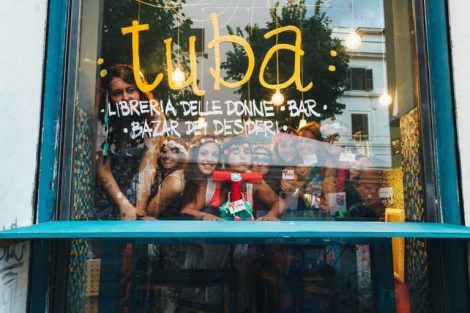Food waste at home
The rush to buy and stock up the home pantry increases, inexorably comes the risk of wasting food. Even bad eating habits at home, in fact, contribute to aggravating the emergency situation whose value is one third of the food produced in the world, destined to be wasted before ever reaching the table. The all too easy access to food has reduced the perception of its value, despite the very difficulties experienced by everyone during the pandemic have led many Italians to rethink their relationship with grocery shopping. According to the latest data collected by the University of Bologna - where, thanks to the commitment of Andrea Segré for years, the Spreco Zero campaign started. In fact, six out of ten Italians have changed their approach to food consumption, in virtue of various contributing causes: firstly the decrease in purchasing power, but also the possibility of planning weekly grocery hauls more wisely, determined in turn by a greater availability of time to cook at home. This does not erase from our minds the images of the assault on supermarkets to ensure stocks of flour, pasta, yeast and anything else seen during the first lockdown and in recent weeks following the new restrictions in force in much of Italy.
Bestbefore. L’e-commerce antispreco
The priority is therefore identifying effective tools that counteract food waste by accompanying buyers (and sellers) towards a consumption experience that is as sustainable as possible. And lately also the Piedmontese startup Bestbefore has contributed to the cause, which takes its name from the most common indication found on food products (fresh and packaged): "best consumed by...". Bestbefore is an e-commerce platform that only sells products close to their expiration date. Behind the project are Nikas Bergaglio and Tommaso Vassura, two young men from Novara in their early thirties, already in the past creators of the Piedmont Delights website, designed to promote Piedmont agricultural products online. "Long live food!" is the motto of the new challenge, which brings together not only expiring food, but also flawed products (remember the "ugly" fruit of Bella Dentro? In this case we are talking above all about packaging defects, obsolete packaging or graphics no longer in production) or left unsold on the shelves, offering them to consumers with a progressive discount on the sale price, which can reach up to 50% of the original ticket. Browsing the site is intuitive: the user chooses between short-term products (7, 10 or 14 days), imperfect or out of stock; and browses through the offers available, before completing the purchase online. Until January 2021, to promote this tool, delivery is free throughout Italy, and completed within 48 hours of orders placed, in safe packaging to preserve the quality of the food.
How to grocery shop on Bestbefore
Each lot is uploaded to the site 14 days before its expiry date, and remains available for purchase for a period of 7 days: day after day, the algorithm applies a progressive discount to the lot for sale, from 5% up to 50%. The limited period of availability on the site allows the platform to reserve a sufficient shelf life period (7 days) to distribute the unsold lots to associations that are involved in distributing food to those in need. The startup, therefore, takes care of acting as an intermediary between commercial activities dealing with unsold goods (picking them up them personally, thus reducing not only the disposal costs for the company, but also extending the value of lots otherwise destined for pulping) and final consumers, who are often unaware of how much food ends up being wasted because of small imperfections or unsuitable for sale in traditional large-scale distribution channels.
Benefits for companies and consumers
The same principle applies to production surpluses, with which many companies have had to struggle in recent months: Bestbefore also offers a second chance to warehouse stocks, which risk turning into a high cost for those who produce them in lack of a showcase to promote them to customers. On the site the range of products is from cheeses and dry pastry products, processed seafood and fruit compotes. At the moment the catalogue mainly includes Piedmont businesses, but the goal is to expand the network, stimulating the direct participation of the manufacturing companies. The next step, scheduled for 2021, will be to hone a business version of the platform, to connect companies and restaurants. Aiming to reach, by the end of 2022, a turnover of one million euros.

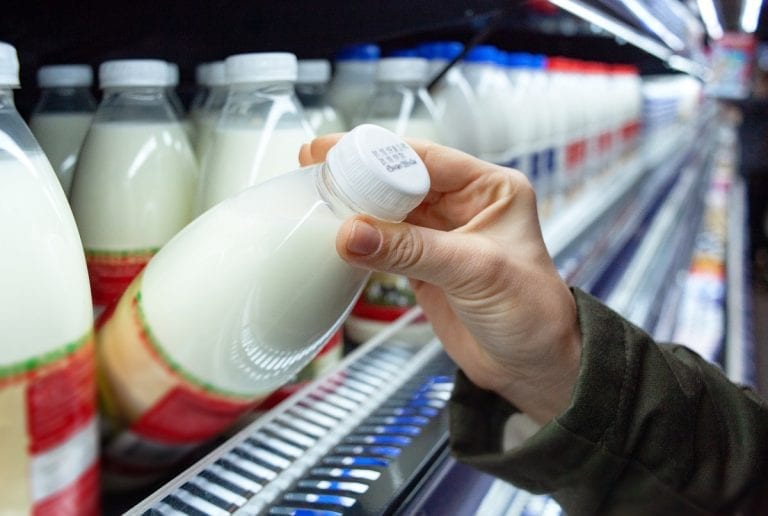
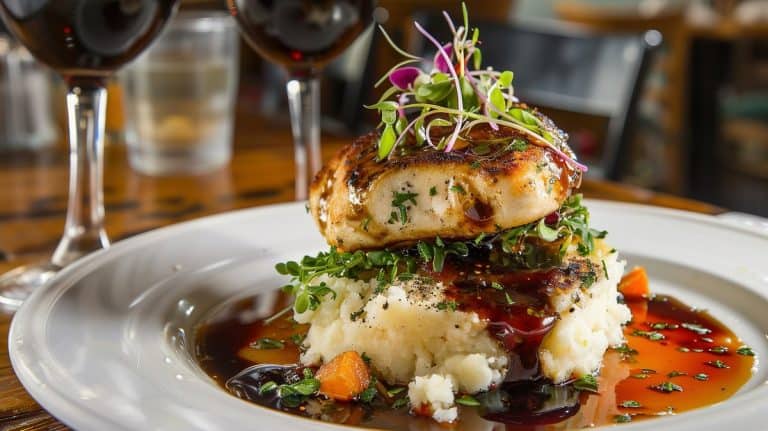 With fish, you can (also) drink red!
With fish, you can (also) drink red!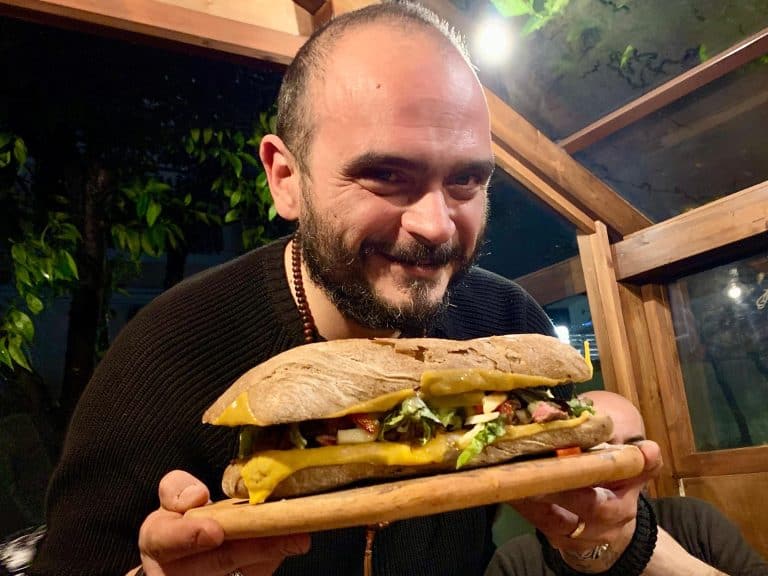 The story of the pharmacist who dispenses prescriptions by day and crafts gourmet burgers by night
The story of the pharmacist who dispenses prescriptions by day and crafts gourmet burgers by night It's time for light Prosecco: the lower-alcohol version is the latest innovation in record-breaking bubbles
It's time for light Prosecco: the lower-alcohol version is the latest innovation in record-breaking bubbles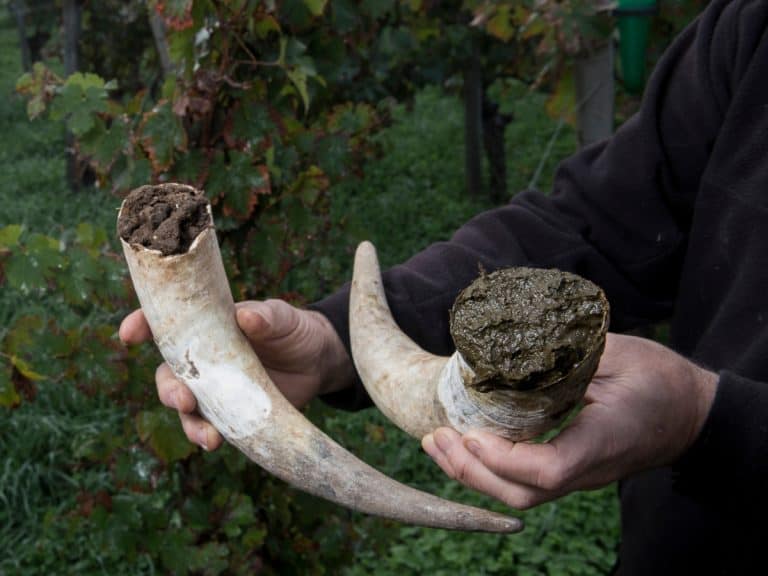 "Biodynamic preparations ave no effect on viticulture": The shocking conclusions of a Swiss study
"Biodynamic preparations ave no effect on viticulture": The shocking conclusions of a Swiss study Ten last-Minute Christmas gift ideas for a wine nerd
Ten last-Minute Christmas gift ideas for a wine nerd




